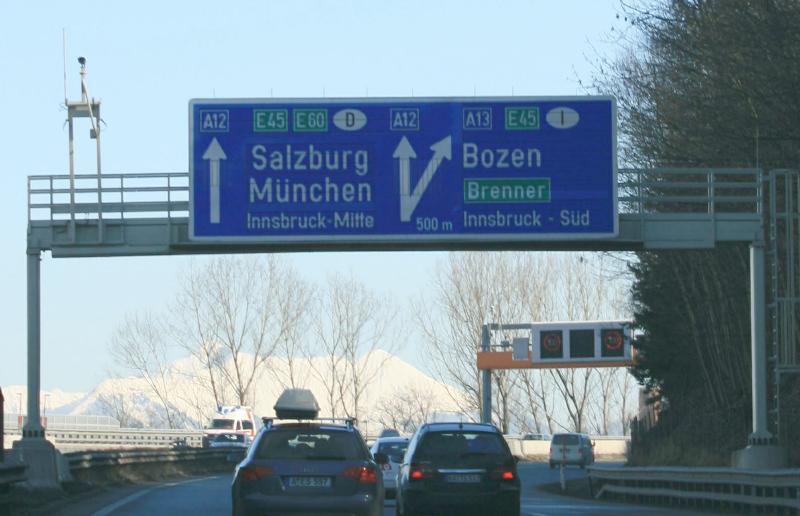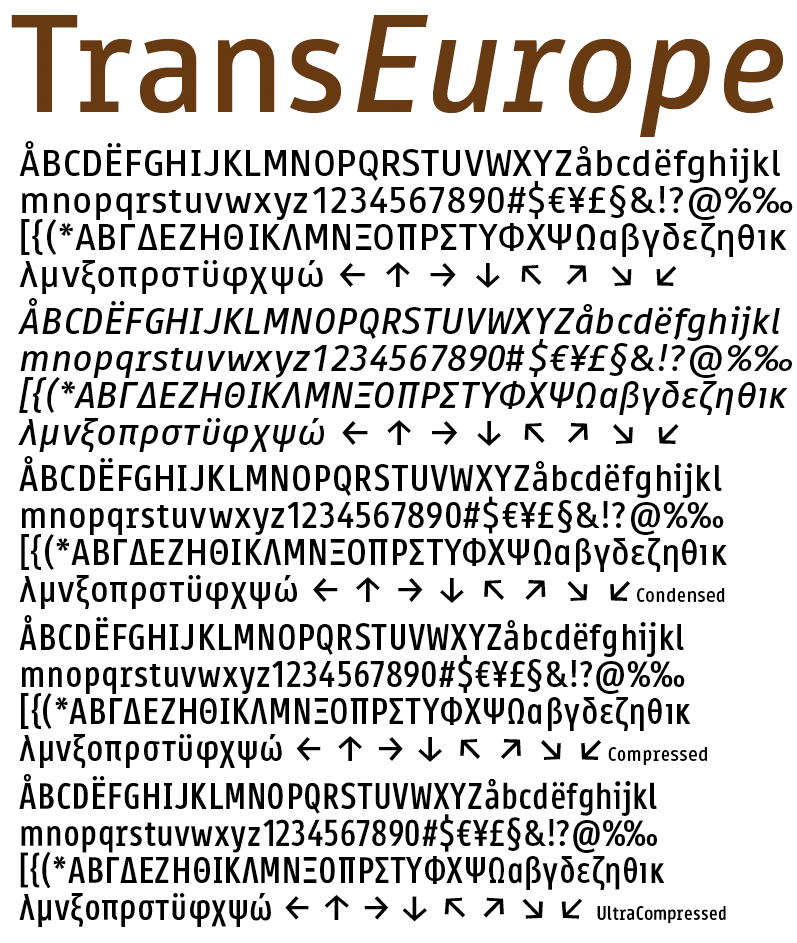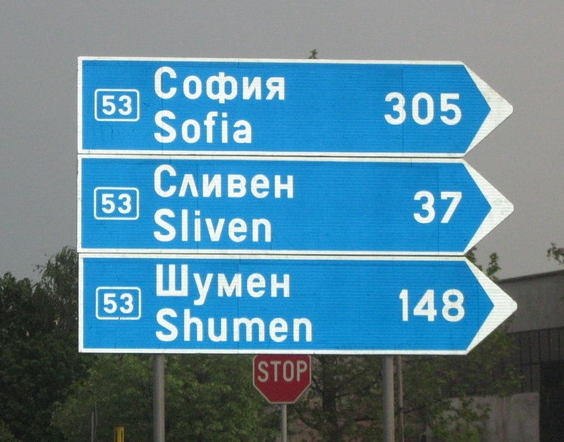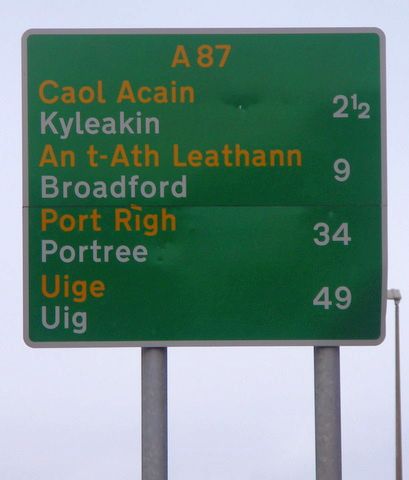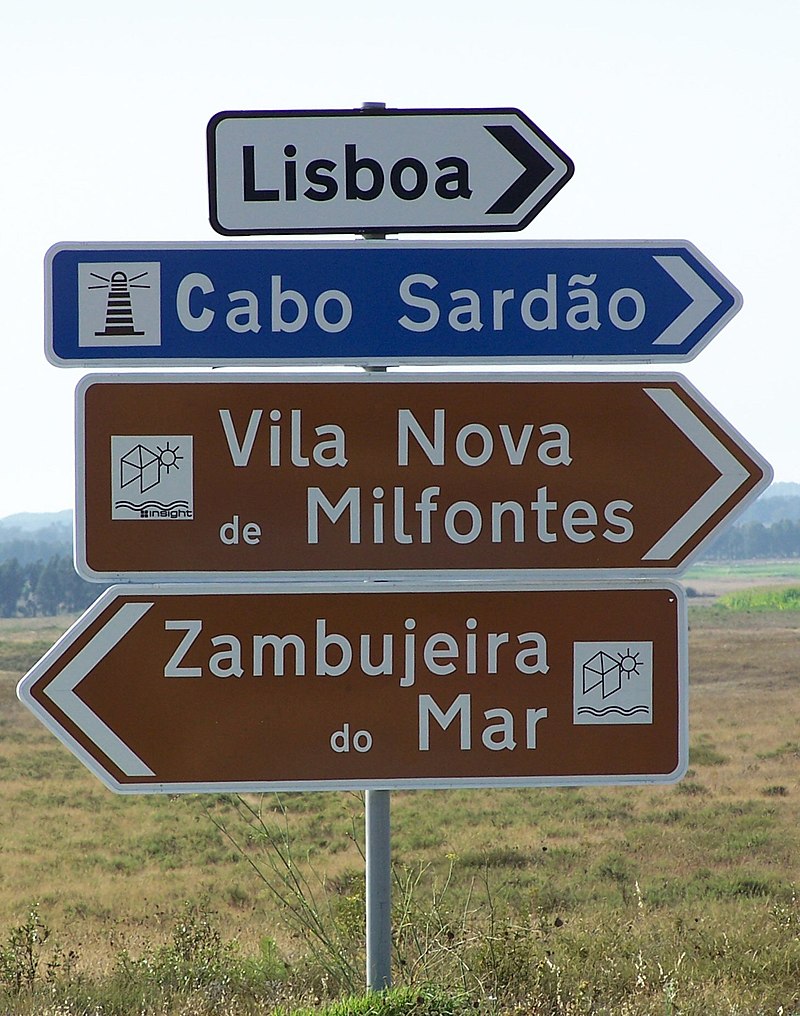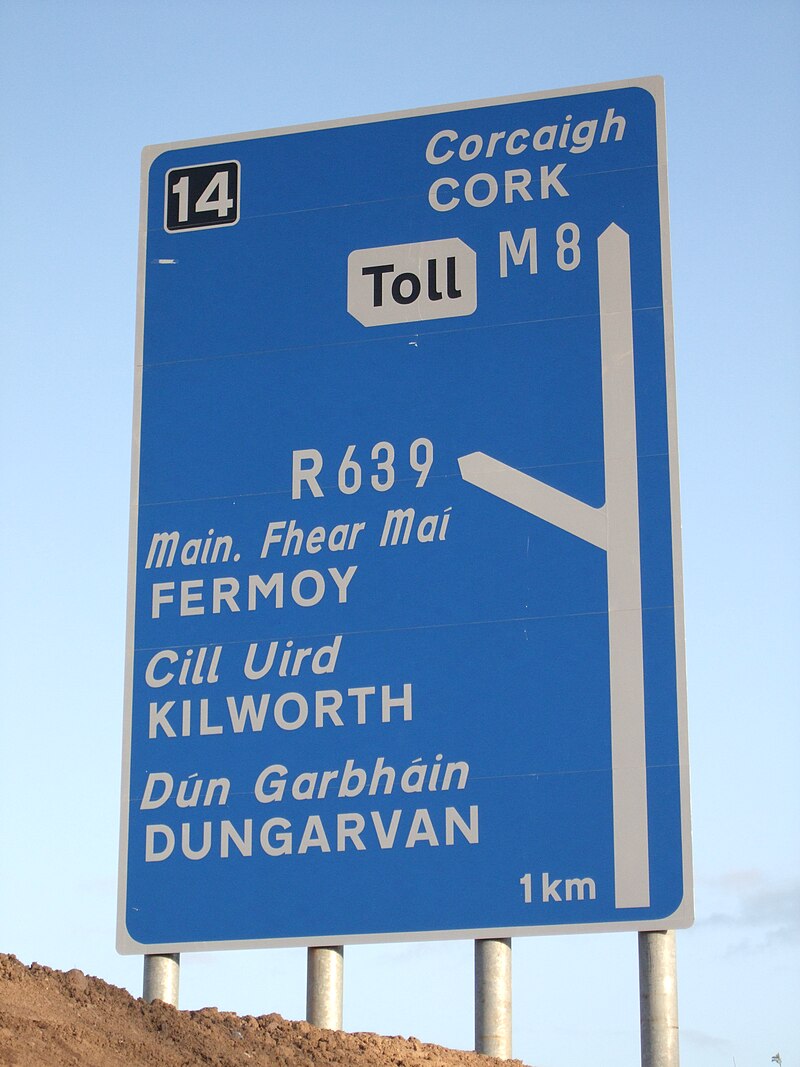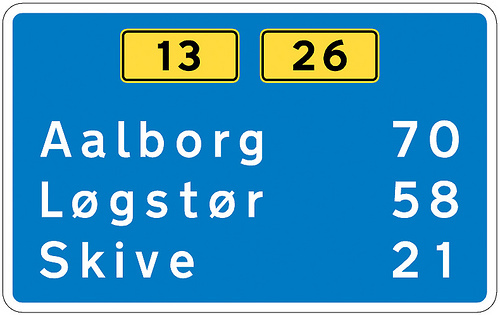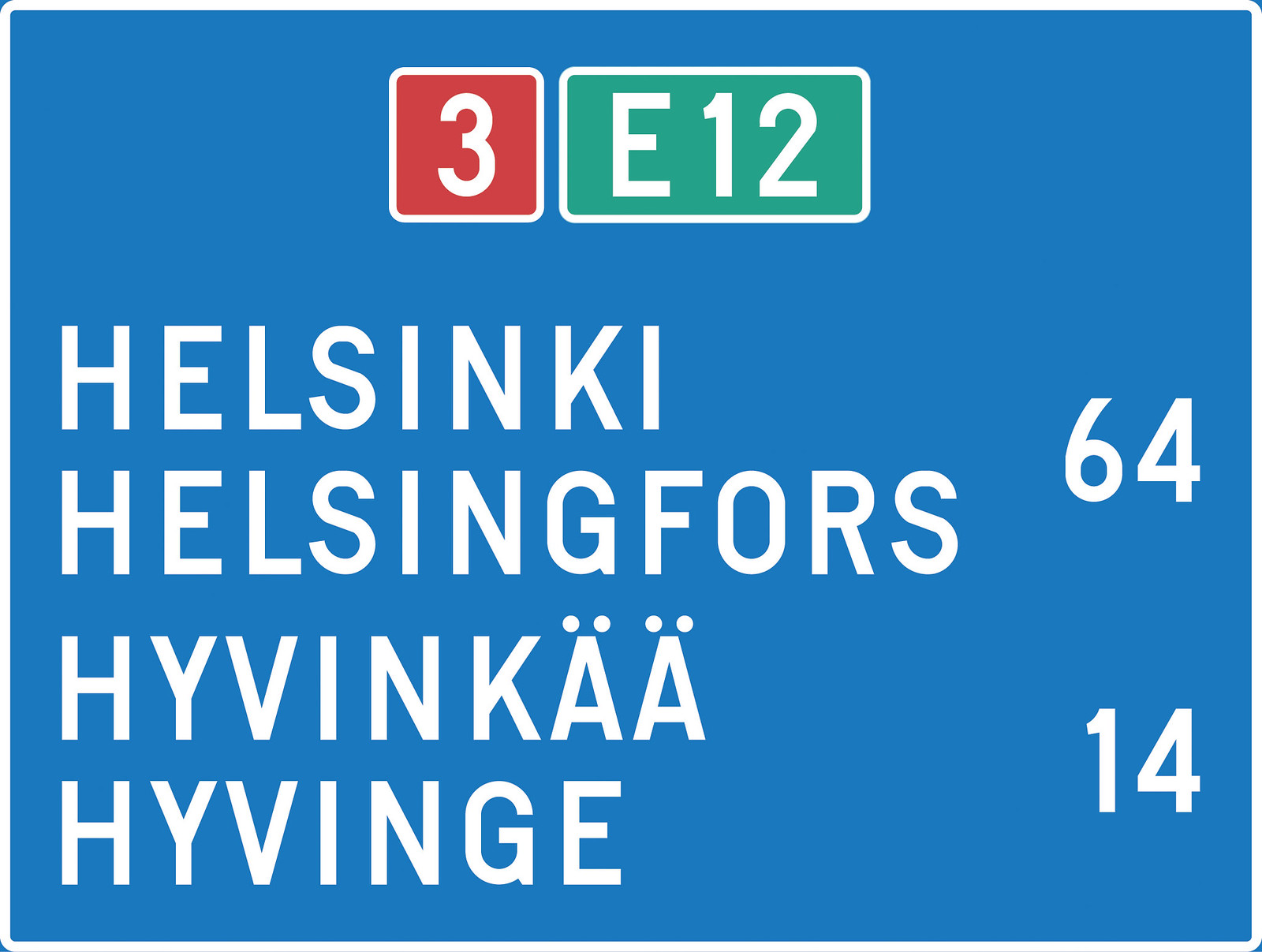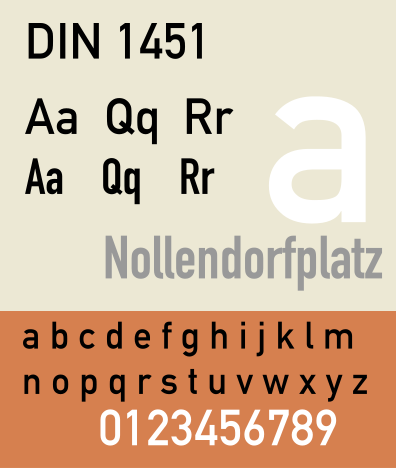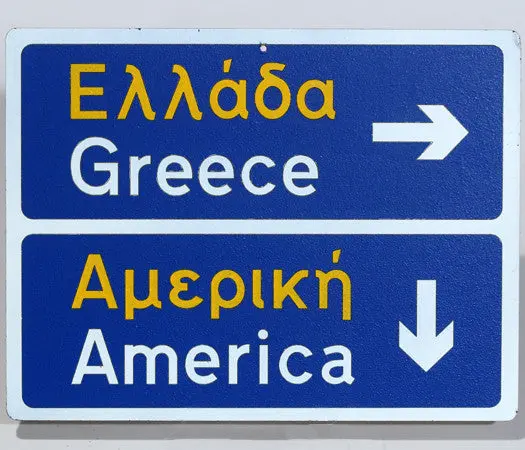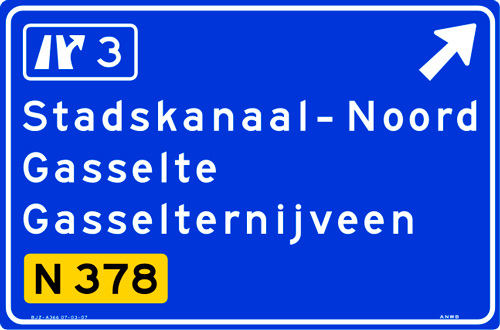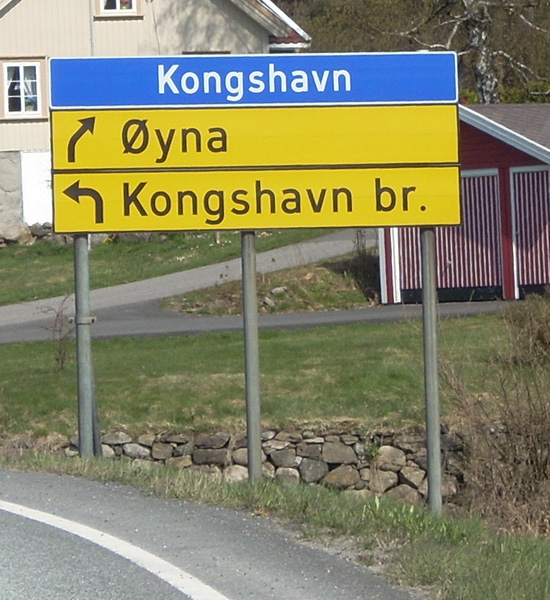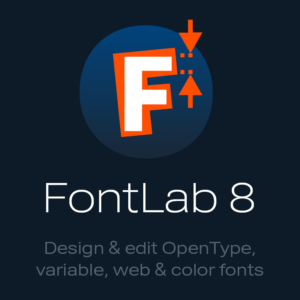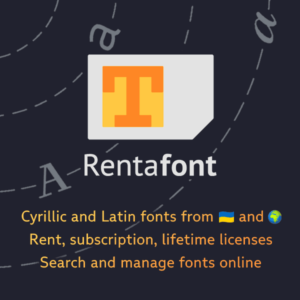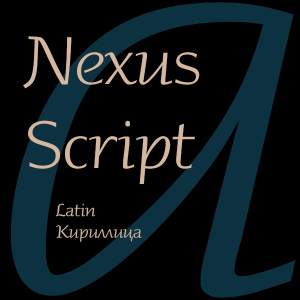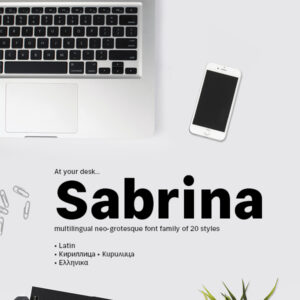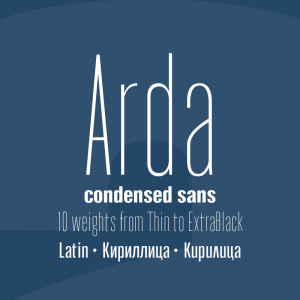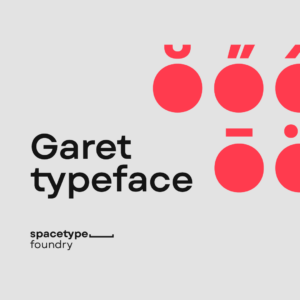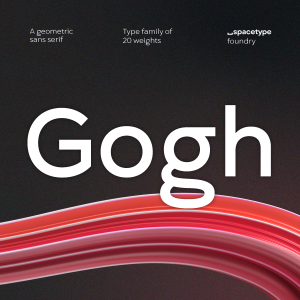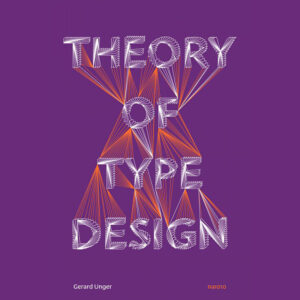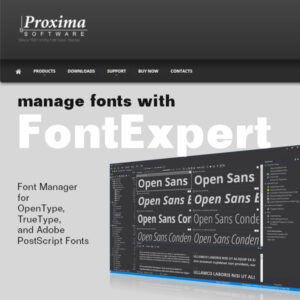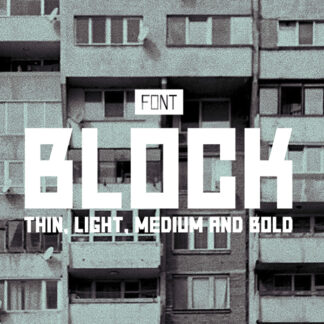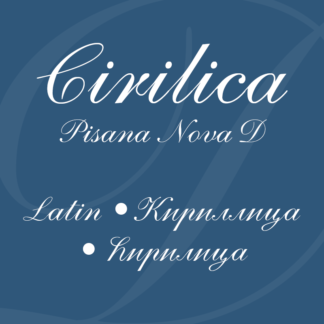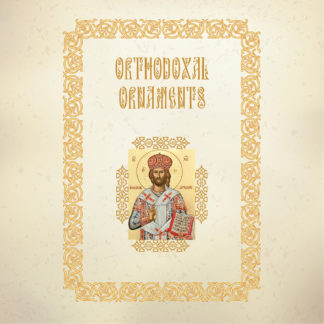Italy
Road signs in Italy use a variation of the Transport typeface called Alfabeto normale, or the condensed form of it, called ‘Alfabeto stretto’ (the latter is the one on the top and the bottom signs in the photo).
Albania
Albania use the ‘Alfabeto normale’ typeface (with the narrow variant ‘Alfabeto stretto’), a heavier version of the British ‘Transport’ typeface. Albania has recently started using ‘Arial Narrow Bold’ typeface.
Austria and Slovakia
Austria and Slovakia use the TERN typeface.
Belarus, Lithuania, Russia and Ukraine
Belarus, Lithuania, Russia and Ukraine use typefaces based on one specified in a Soviet standard ГОСТ 10807–78. In Belarus, the according standard is СТБ 1140–99. In Ukraine, it is ДСТУ 4100–2002. In Russia, it is ГОСТ Р 52290–2004.
Further readings
Alexander Sapozhnikov: Russian Road Sign Font
Bulgaria
Bulgaria uses the SNV typeface.
Belgium
Belgium uses the SNV typeface.
Cyprus, Greece
A Scottish sign using the Transport typeface on the Isle of Skye, with placenames given in both Scots Gaelic and English, and distances shown in miles.
Portugal
Example of the use of the Transport typeface in road signs in Portugal.
Irish
Irish road signs using dotless i and script a (upper and lower case)
Estonia and Moldova
Estonia and Moldova use the Arial Narrow Bold in mixture with Helvetica typeface.
Finland
Finland uses a typeface developed in the 1960s by the former national board of roads and waterways.
Further readings
Tiehallinnon selvityksiä: Opastusmerkkien luettavuus
Finnish traffic sign typeface: Information
Germany, Czech Republic and Latvia
Germany, Czech Republic and Latvia use the DIN 1451 typeface.
Greece
Greece used a modified version of the British Transport typeface and, today, uses a modified version of DIN 1451.
Hungary
Hungary does not use a defined typeface as the letters are defined one-by-one in the national regulation. The typeface resembles the DIN 1451 typeface closely.
Turkey
Turkey uses the FHWA typeface.
Spain
Señal S-242a. Preseñalización en autopista o autovía de dos salidas muy próximas hacia cualquier carretera.
Spain
Señal S-220. Preseñalización de direcciones hacia una carretera convencional.
Spain uses two typefaces: Autopista (derived from FHWA series E modified) for motorways and Carretera Convencional (also known as CCRIGE or Traffic Type Spain D) for other situations. The typeface Carretera Convencional is derived from the British Transport typeface, and is almost identical to the Italian Alfabeto Normale.
Sweden
Sweden uses the Tratex typeface.
Switzerland
Switzerland uses the Frutiger typeface.
Other sources
Henry Petroski: Easy-Reading Road Signs Head to the Offramp
CBRD: British Road Signs and Fonts
Alexander Sapozhnikov: Russian Road Sign Font
Wikimedia: Informational road signs in Albania
Wikiwand: Road signs in Ireland
Wikiwand: Transport (typeface)
Wikiwand: Alfabeto Normale
Wikiwand: Road signs in the United Kingdom
Wikiwand: Traffic sign
Wikiwand: List of public signage typefaces
Wikipedia: Comparison of European road signs
María Ramos: Typeface design in road signs
Michael Smuc, Florian Windhager, Karin Siebenhandl [DUK], Stefan Egger [IIID]: Impaired Visibility Typeface Test
Roads: Fonts
U.S. Department of Transportation: Report on Highway Guide Sign Fonts
If you like this site and find it useful, help us to make it better by giving feedback, suggesting improvements or by donation.



